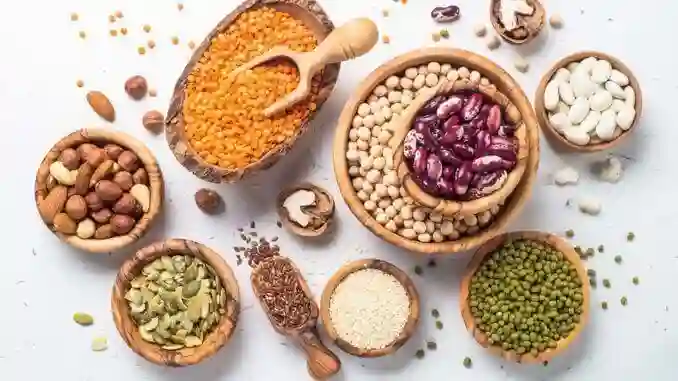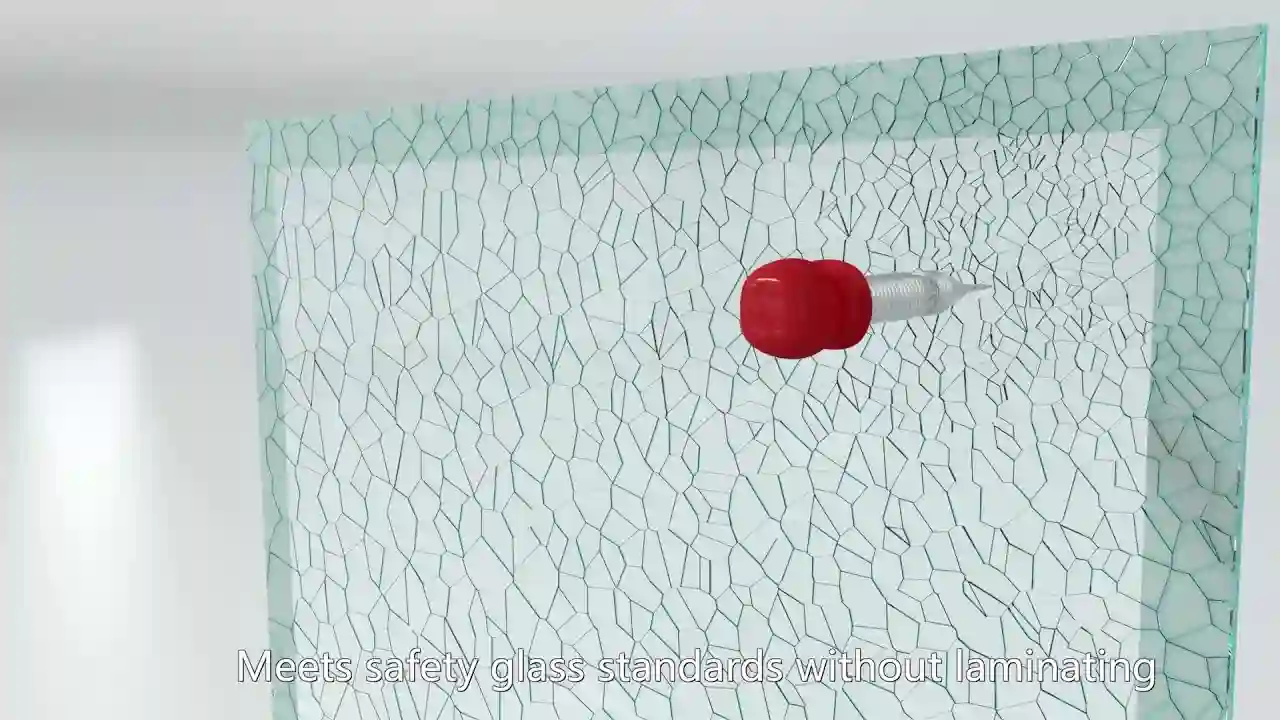Have you ever thought about the importance of looking after your kidneys? Did you know that your kidneys are responsible for filtering waste and extra fluid from the body and helping to regulate blood pressure? The good news is that there are lots of everyday habits you can adopt to keep your kidneys healthy and feeling good. From drinking plenty of water and eating the right food, to getting regular exercise and reducing stress, these 7 simple habits can help keep your kidneys in top shape. So, if you’re looking for ways to promote kidney health and keep yourself feeling good, then read on to discover our top 7 tips!
Drink Plenty of Water
We’ve all heard it a thousand times, but it’s true – when it comes to kidney health, water is your best friend! A healthy person who drinks enough water every day, has a better chance of avoiding chronic kidney disease. The kidneys are responsible for filtering out the water and minerals from the blood into the urinary tract, where it is excreted as urine. As they get older, kidneys can become less effective at filtering the blood, meaning that excess fluid can build up in the body and cause swelling, which can lead to a number of health issues, one of which is Chronic Kidney Disease (CKD). Fortunately, there are lots of little things you can do to help protect your kidneys, including drinking plenty of water. Aim to drink two litres a day (or eight glasses). When you drink enough water, it helps flush the kidneys and bladder.
Eat the Right Food
As well as being a source of nutrients and vitamins, food can also be medicine. Certain foods can help to promote kidney health and prevent chronic kidney disease. One of the most important things to remember when ensuring your kidney health is to avoid too much salt. Some people have higher-than-normal blood pressure as a result of their kidneys not working properly, which can lead to kidney damage. Be cautious not to overdo the salt – check out your food labels, or better yet, prepare your own meals! Essential vitamins and minerals that can help support and promote kidney health include: Vitamin A, Vitamin C, Vitamin K, Magnesium, Potassium, Zinc and Quercetin. Other foods that can promote good kidney health include apricots and prunes, beets, broccoli, carrots, dark leafy greens and sweet potatoes.
Get Regular Exercise
When it comes to kidney health, exercising regularly can do wonders – it can help prevent swollen, damaged kidneys from too much pressure and can also help regulate blood pressure, which can help to prevent kidney damage and improve kidney function as well. If you’re living with a condition such as diabetes or high blood pressure, it’s recommended that you speak with your doctor about what sort of exercise you should be doing and how often. Simple things such as walking, swimming and cycling can be great ways to get your blood circulating and help protect the health of your kidneys. Exercise also releases endorphins, which can help to relieve stress and promote overall well-being.
Reduce Stress
When you’re stressed out, your body releases a hormone called cortisol. While cortisol is great at helping to regulate your metabolism and blood pressure, too much of it can lead to kidney damage. For many people, the pressures of everyday life can become too much, causing stress and tension. Our bodies were designed to handle short-term, sudden stress, but not long-term stress that doesn’t go away. The good news is that you can do things to help protect your kidneys from the harmful effects of stress. Stress can be managed by making changes to your daily routine, learning to relax and calm your mind, or even seeking support from a counsellor, psychologist or therapist. The kidneys can be affected by many diseases, but one of the most common is chronic kidney disease, or CKD. This article explains how to protect and promote kidney health to avoid this condition.
Monitor Your Blood Pressure
Blood pressure is a vital sign that can give you clues as to whether you are at risk of developing kidney disease. Where your blood pressure is concerned, it’s best to keep it at 120/80 or below. If you notice that you have high blood pressure that doesn’t seem to go away, you should visit your doctor to get it checked out. You can monitor your blood pressure at home with a blood pressure monitor. You should test it at least once a month and make sure to use the correct method. Most importantly, ask your doctor what your blood pressure numbers mean and what you can do to keep them in check. If you notice that your blood pressure is high, try to reduce your stress levels, exercise regularly and avoid drinking excessive amounts of caffeine. You may also need to take medication to help lower your blood pressure.
Don’t Smoke or Drink Excessively
Smoking can be harmful to our health in many ways. Aside from the increased risk of lung and heart disease, smoking can cause kidney damage. While some people choose to quit smoking, others may decide to smoke less. In any case, it’s best to quit smoking altogether, but if you’re not ready to make that commitment, you can still help protect your kidneys by smoking less. Heavy alcohol consumption can also be harmful to your kidneys and can lead to high blood pressure and CKD. If you drink alcohol regularly, try to keep your intake to two standard drinks a day. For healthy adults, two standard drinks equates to 12oz of beer, 5oz of wine, or 1.5oz of 80-proof liquor. For more information, visit the National Institute on Alcohol Abuse and Alcoholism.
Get Regular Checkups
As well as following a healthy lifestyle and diet, it’s a good idea to schedule routine checkups with your doctor. This is especially important if you have a family history of kidney disease or diabetes. While it’s not always possible to prevent kidney disease, it is possible to catch the early signs of the condition and take action to prevent it from getting worse. Regular checkups can help your doctor to monitor your kidneys, detect any abnormalities, and recommend treatment if necessary to prevent the disease from worsening.











